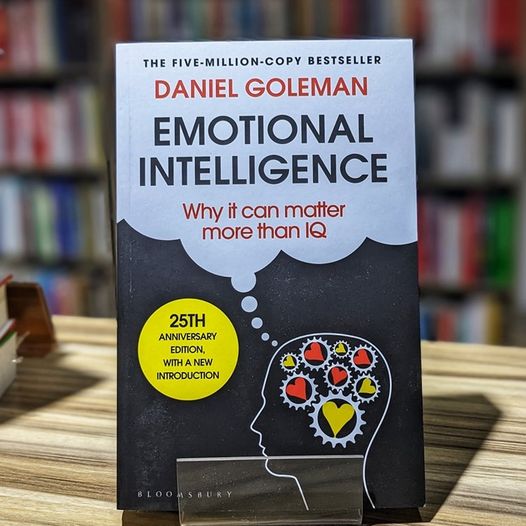1. Understand the concept of emotional intelligence (EI). EI refers to the ability to understand, manage, and express emotions effectively. It encompasses self-awareness, self-regulation, social awareness, relationship management, and motivation.
2. Recognize the importance of self-awareness. Self-awareness is the foundation of EI. It involves understanding your own emotions, strengths, weaknesses, and motivations. This self-knowledge allows you to make better decisions and manage your emotions effectively.
3. Develop self-regulation skills. Self-regulation is the ability to control your emotions and impulses. This means being able to manage stress, anger, and frustration in a healthy way. Self-regulation also involves being able to delay gratification and persist in the face of challenges.
4. Enhance your social awareness. Social awareness is the ability to understand and empathize with the emotions of others. It involves being able to read nonverbal cues, understand social dynamics, and recognize the perspectives of others.
5. Cultivate relationship management skills. Relationship management is the ability to build and maintain positive relationships. This involves effective communication, conflict resolution, and teamwork skills.
6. Recognize the role of motivation. Motivation is the driving force behind our actions. It involves setting goals, staying focused, and persisting in the face of setbacks.
7. Understand that EI can be developed and improved. While some people are naturally gifted with EI, these skills can be learned and developed through practice and self-awareness.
8. Apply EI to various aspects of life. EI is not just for the workplace; it is essential for success in all areas of life, including personal relationships, parenting, and leadership.




